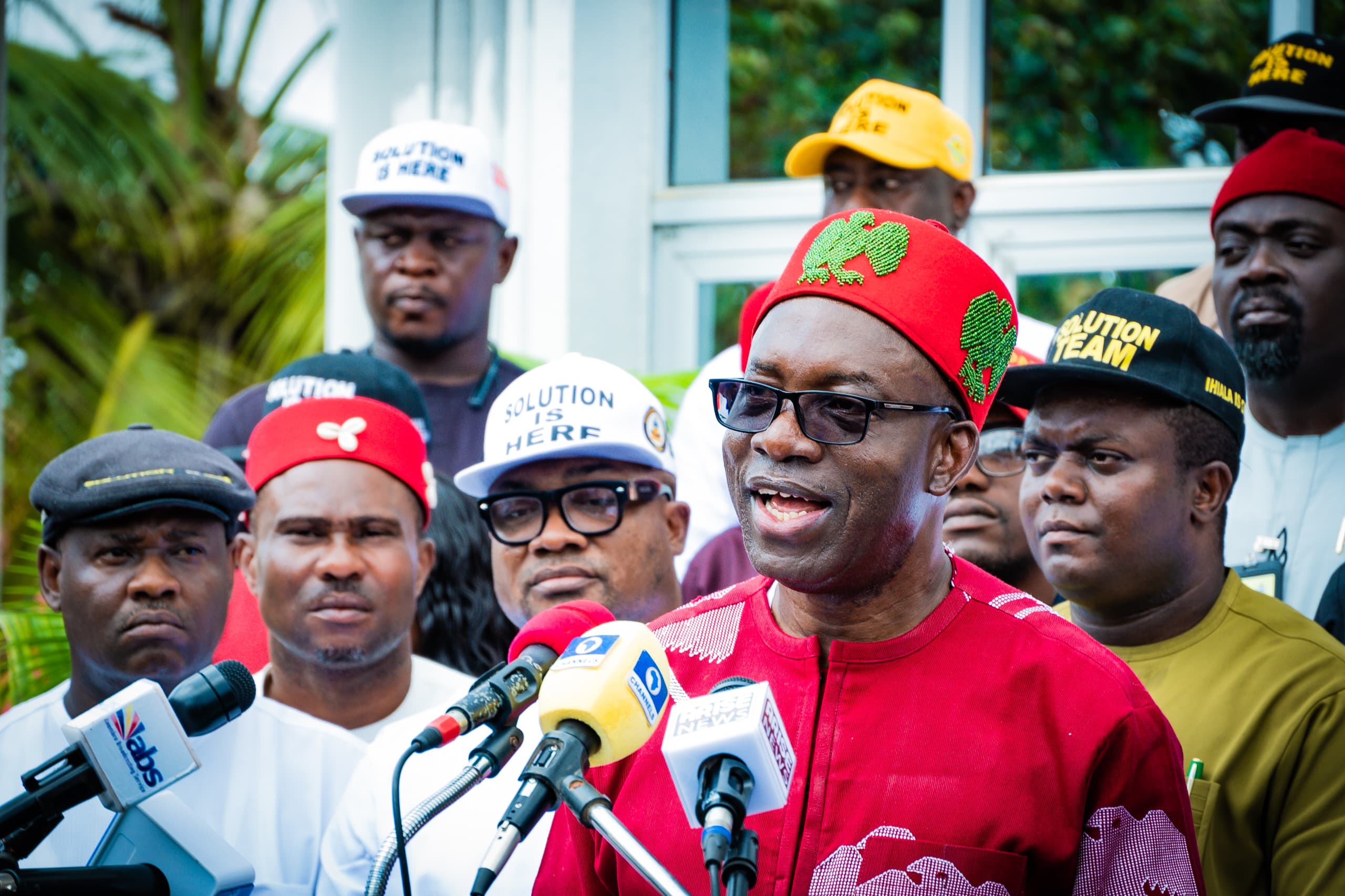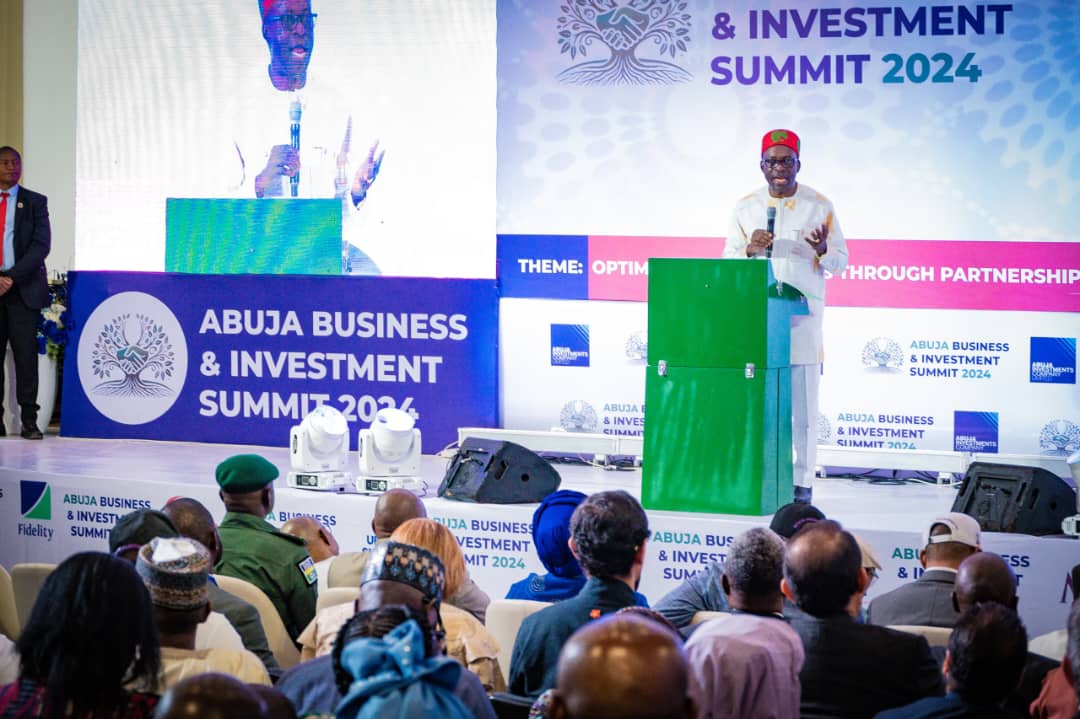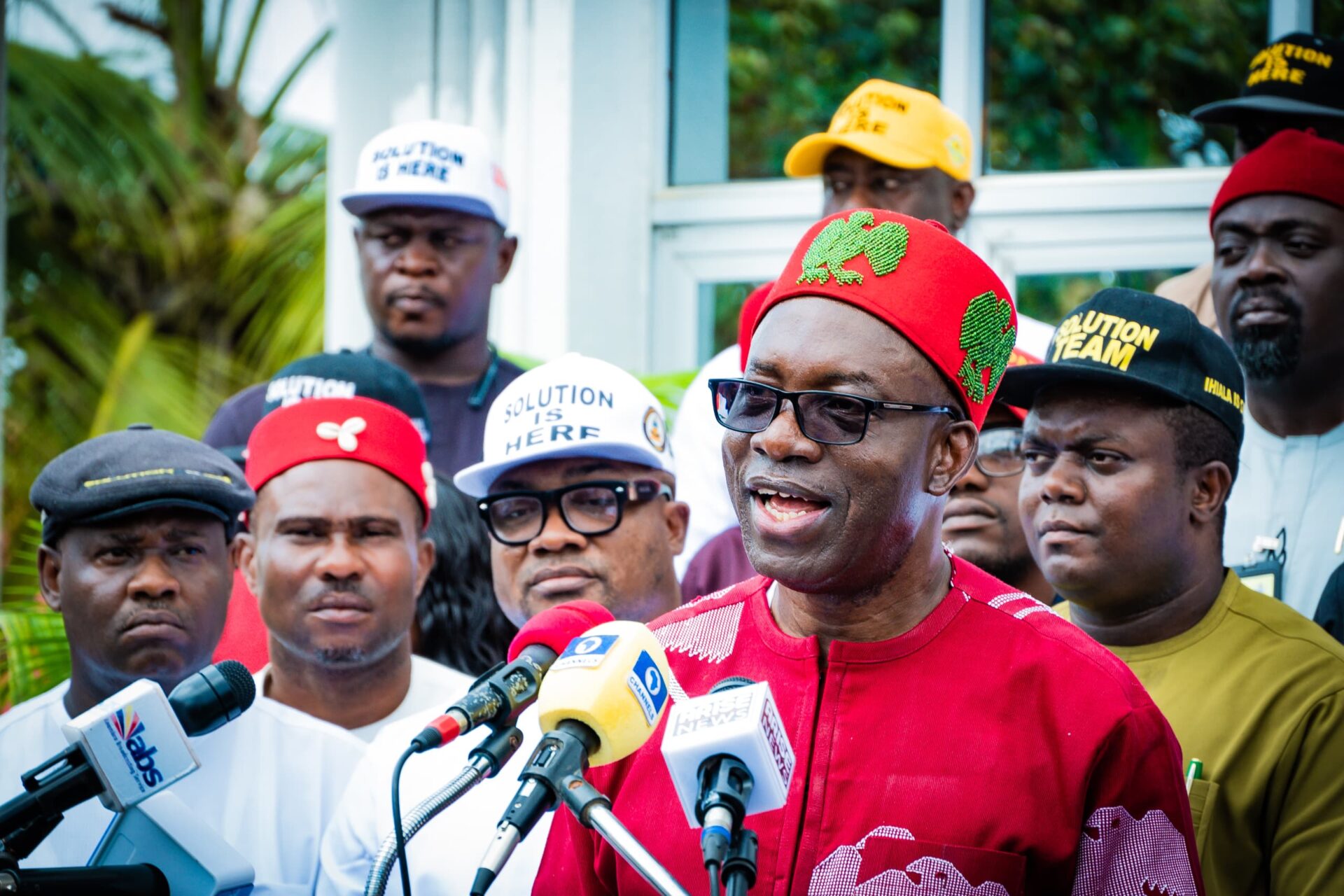Beyond the Soludo’s speeches that moved the needle, Anambra has taken the lead by pioneering the State Economic Council
BY IZUCHUKWU Adichie
I was struck by Soludo’s powerful speech on Tuesday at the Governor’s Lodge as he addressed the media in defense of the two new Anambra laws passed by the State House of Assembly. These laws give operational life to judgments of the Supreme Court. Later, on Wednesday, I watched him on television, delivering a keynote address at the inaugural Abuja Business and Investment Summit. His deep, resonate voice held my attention as he emphasized the need for intentional domestic investments, the implementation of business-friendly policies, and the agenda of putting Nigeria first. I was captivated not only by his charismatic delivery in his trademark, a deep, rich voice, but I was also impressed by the compelling content, depth, and substance of his speeches on both times.


Soludo presence made a lasting impact at the Abuja Economic and Investment Summit when he emphasized the need for the government to reduce the risks associated with certain key investments to encourage more involvement from private indigenous investors who have a higher tolerance for risk in Nigeria. His speeches are not only engaging and substantial, but they also stand out for their profound intellectual depth, philosophical grounding, policy principles, strategic direction, and action-oriented approach. His articulation of governance style is explicit, and his orations are undoubtedly rooted in the broader context of the wisdom imparted by great philosophers throughout history regarding governance and leadership.
History has often seen transformative leaders, and Soludo has once again demonstrated his capacity to drive change. His comprehensive defense of the Anambra State Local Government Administration Law 2024 not only clarifies the objectives of this important legislation but has also ignited a broader national discourse. It is important to recognize that under his innovative governance, Anambra state has distinguished itself as the first in Nigeria to establish a State Economic Council, as mandated by section 7, sub-section (3) of the 1999 Nigeria constitution as amended.
The above council made up of Local Government Chairmen, and their Accountant Generals for State’s common services, serves an essential role akin to the Federal Economic Council and emerges in response to a Supreme Court ruling, thereby giving practical effect to judicial decisions. This significant development is set to create substantial positive ripple effects in the state’s governance and Nigeria economic landscape.

